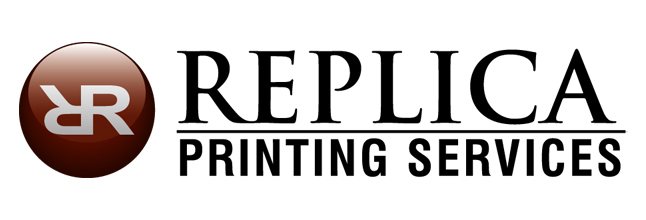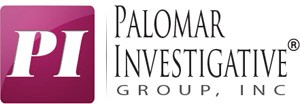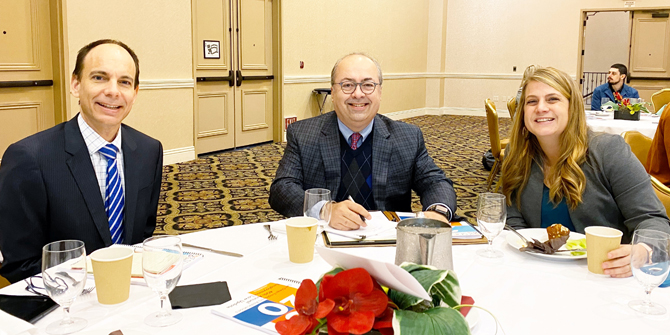
SDEA’s 40th Annual Employment Law Update
Thank you to all who attended our 2020 Employment Law Update. We had a full room to hear about the newest legislation and court verdicts that will impact our employment practices for 2020 and beyond.
Of course we would like to thank our sponsors who provided our attendees with great options for their organizations along with prizes and gifts.
Chris Olmsted
Chris is a shareholder in Ogletree Deakins’ San Diego office. His expertise covers the gamut of employment law compliance and litigation. He is an instructor at Cal State San Marcos, and serves as an invaluable resource to SDEA and our members.
Chris’ presentation addressed one of the biggest topics of interest for our members and attendees, Independent Contractors. With the passing of AB 5, many companies are realizing that people they thought they could classify as IC’s should, in fact, be employees. Chris also discussed the repercussions of misclassification. Here are some of the key points:
- An authentic IC must pass the A (worker is free from control) AND B (work performed is outside the usual course of the hiring entities business) AND C (worker customarily engages in an independently established trade) tests.
- A licensed plumber performing repairs at a retail store would qualify, a cake decorator doing free-lance work for a bakery would not.
- There are carve-outs for licensed professionals, with the additional criteria that the worker must have a business license, must have a business location that is not yours, must be able to set or negotiate their own rates, and must be able to set their own hours.
- Penalties can be in the $10K – $20K range (or more!)
- Wage & Hour penalties including rest breaks and hours worked
- Audit for back taxes and penalties, including your own payroll tax and possibly the income tax of the mis-classified worker
- Failure to provide Workers Compensation insurance could be prosecuted by the District Attorney
Corrie Klekowski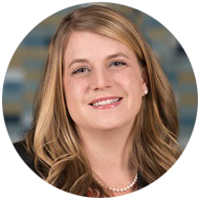
This was the first year that Corrie joined us for the annual ELU, and she was a great addition to the presentation team. Corrie is a Partner at Paul Plevin Sullivan and Connaughton. Corrie specializes in dispositive motion work – eliminating claims early in litigation.
Her presentation highlighted the 2019 employment law environment that was focused more on legislation than case verdicts. New and expanded mandates include:
- SB 188: The Crown Act, amends “race” to encompass “traits historically associated with race” such as “hair texture and styles”, e.g. braids, locks, and twists.
- AB 9: Extends the deadline to file DFEH charges to three years.
- SB 83: Extends Paid Family Leave to 8 weeks effective July 1, 2020.
- AB 1223: Requires Employers with 15+ employees to provide 30 days of paid leave for organ donors, plus 30 days of unpaid leave, for a total of 60 days.
Lonny Zilberman
Lonny is a partner with Wilson, Turner & Kosmo LLP, and works with employers to find practical, cost-effective strategies to their workforce problems. Lonny has been affiliated with various legal organizations including the State Bar of California, the American Bar Association, the San Diego County Bar Association, the Association of Southern California Defense Counsel, and the Los Angeles County Bar Association.
Lonny concentrated on the top mistakes of 2019 leading to high dollar verdicts and settlements. His trend analysis showed:
- The #1 claim for cases in 2019 were based on retaliation/whistleblower violations, beating out discrimination cases for the first time in several years.
- The #2 claim was age discrimination, followed by disability discrimination, wage claims, and sexual harassment.
- There were 37 individual employment plaintiff cases with verdicts or settlements over $1,000,000.
- 90% of cases were NOT against large California employers.
- Ward v. Tilly’s: Requiring employees to call in to see if they were required to report to work constituted “reporting time”.
- Furry v. East Bay Publishing: If an employer does not keep time records, the employee’s estimation of hours worked meets the burden of proof.
- Best ways to repel claims from plaintiff’s attorneys are; 1) be responsive to employee complaints, 2) discipline managers who do bad things, 3) Maintain great documentation, and 4) practice honesty, transparency, and empathy.
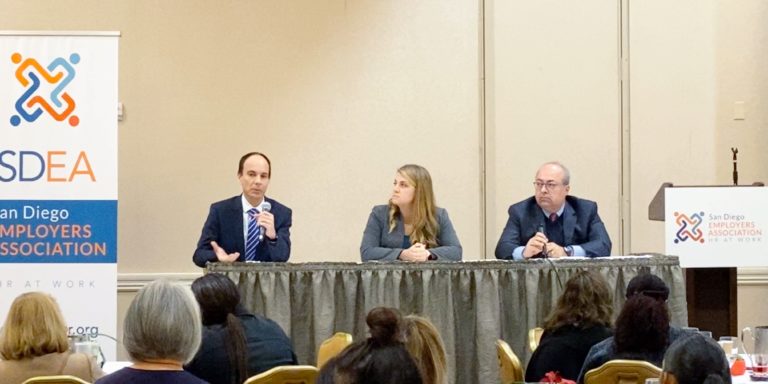
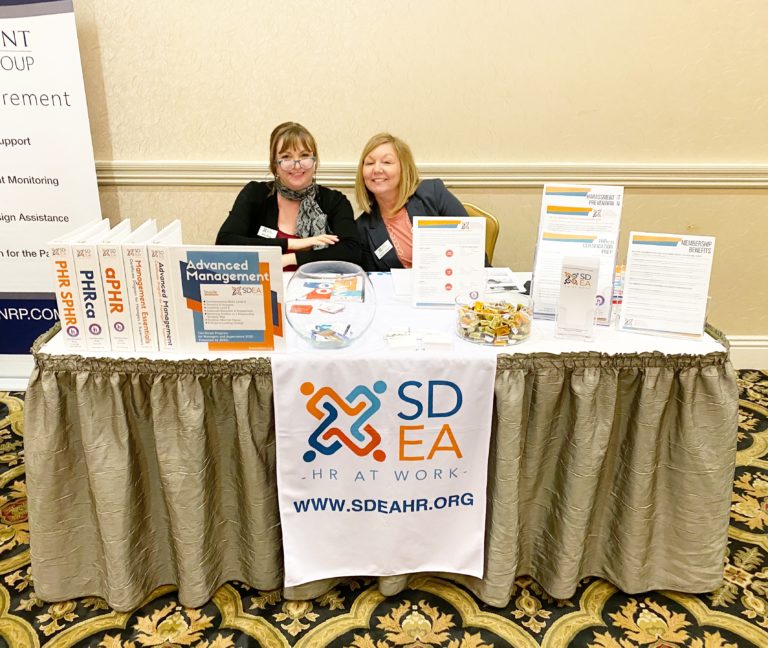




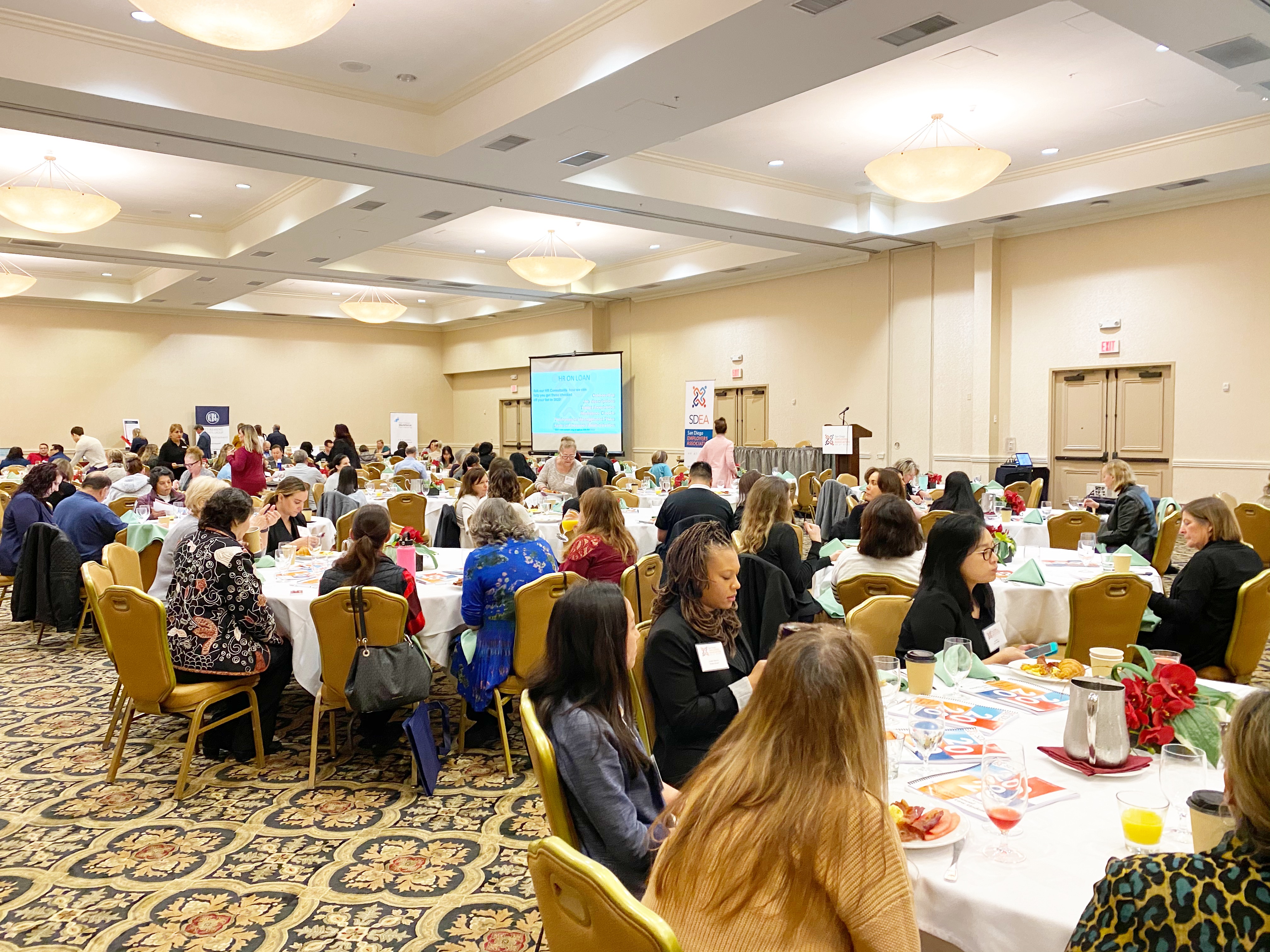
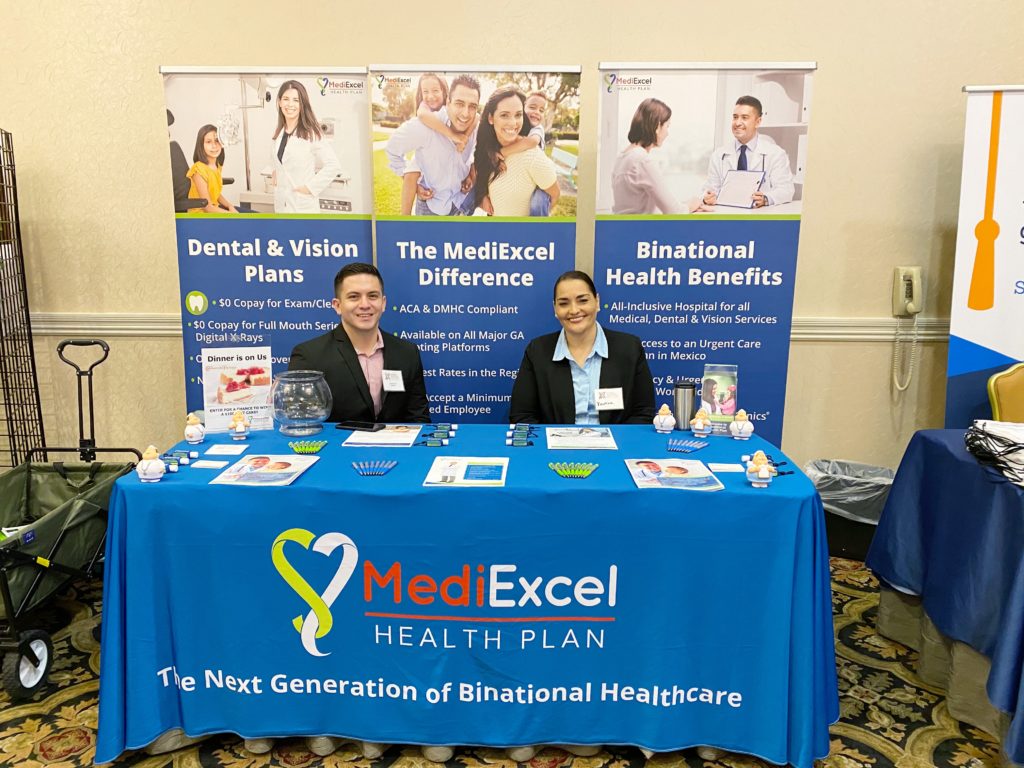
We hope to see you next year. If you would like to stay in the know and learn about SDEA’s events in advance, please sign up for our newsletter below.








